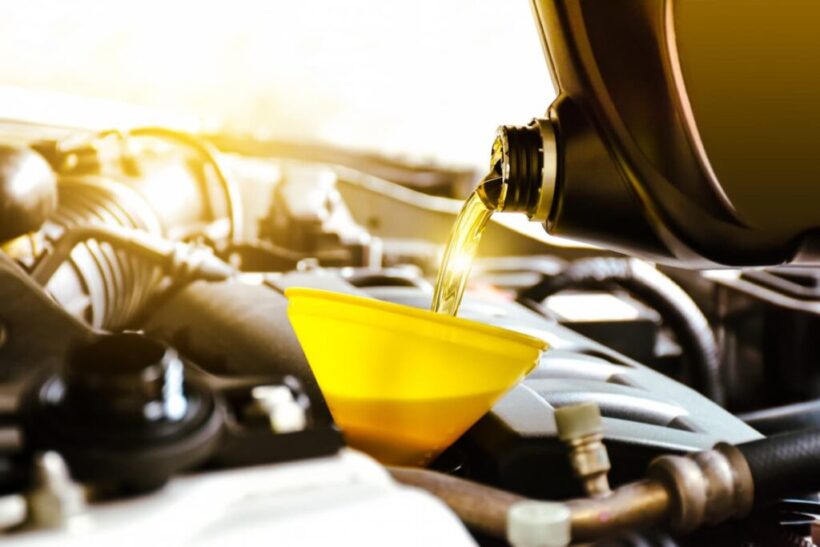Are you a proud owner of a Jeep 4.0? Are you curious about the best oil type and capacity for your vehicle? Look no further! We’ve got all the details explained in this blog post. Whether you’re planning an off-road adventure or just need to keep your Jeep running smoothly, understanding the right oil type and capacity is crucial. So buckle up and join us as we explore everything there is to know about Jeep 4.0 Oil Type and Capacity!
Jeep 4.0L Engine Oil Types
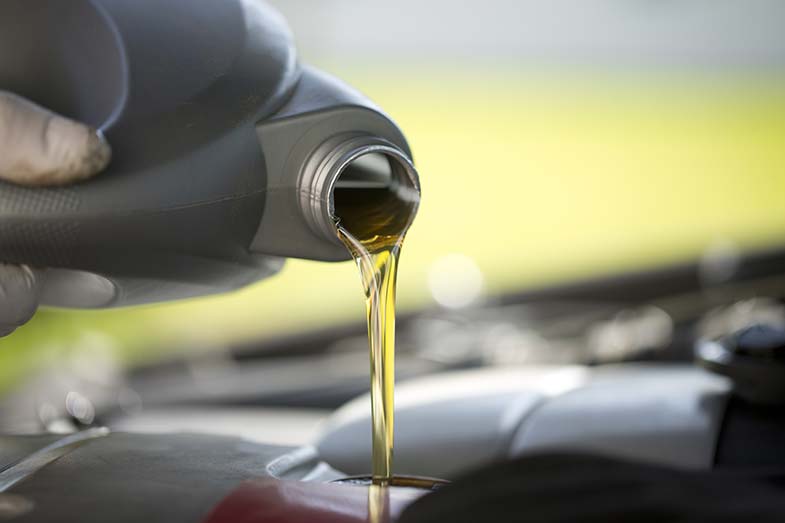
If you own a Jeep with a 4.0L engine, you’re probably wondering what kind of oil you should use to keep it running smoothly. Here’s a quick rundown of the different types of oil that are compatible with a 4.0L Jeep engine, as well as the capacity of each type.
-Conventional oil: This is the most common type of oil used in vehicles with 4.0L engines. It’s affordable and does a good job of lubricating the engine components. The capacity for this type of oil is typically 5 quarts.
-Synthetic blend oil: This type of oil is a mix of conventional and synthetic oils. It offers better protection than conventional oil, but isn’t as expensive as full synthetic oil. The capacity is usually 5 quarts.
-Full synthetic oil: This is the most expensive type of oil, but it offers the best protection for your engine. Full synthetic oil can help your engine last longer and run more efficiently. The capacity for this type of oil is typically 5 quarts as well.
API Service Ratings
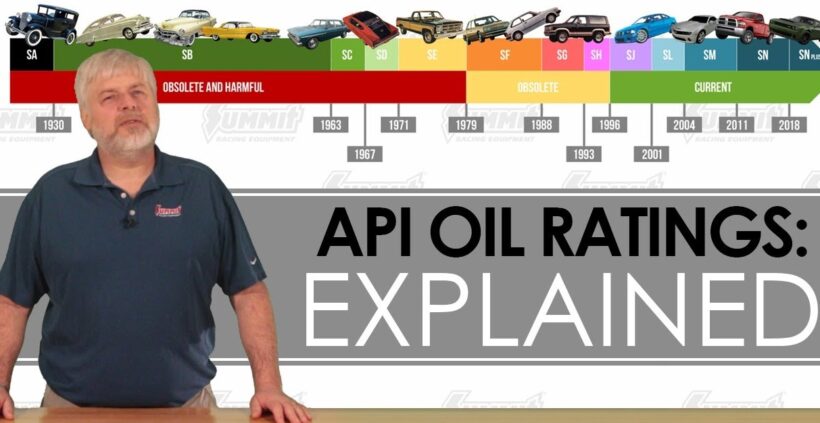
API Service Ratings are the standards used by oil companies to classify how well an oil will perform in a car. The higher the API service rating, the better the oil is at protecting your engine.
The most common ratings you’ll see are “SN” and “SM”. Oils with an SN rating can be used in any car made after 2010, while oils with an SM rating can be used in any car made after 2004.
If you’re not sure what API service rating to use for your car, check your owner’s manual or ask a qualified mechanic.
Capacity
The capacity of a Jeep refers to the maximum amount of weight that the vehicle can carry. This includes the weight of the passengers, cargo, and any other items that may be inside the vehicle. The capacity is usually measured in pounds or kilograms.
When determining the capacity of a Jeep, it is important to consider the type of engine that is installed in the vehicle. A smaller engine will typically have a lower capacity than a larger engine. The type of transmission also plays a role in determining the capacity of a Jeep. A manual transmission will typically have a higher capacity than an automatic transmission.
It is also important to consider the terrain that the Jeep will be driven on. A Jeep that will be driven on rough terrain will need to have a higher capacity than one that will be driven on smooth roads. The size of the tires also affects the capacity of a Jeep. Larger tires can carry more weight than smaller tires.
Oil Change Intervals

The oil in your Jeep engine needs to be changed at regular intervals in order to keep the engine running smoothly and efficiently. Depending on the model of Jeep, the recommended interval for an oil change can vary from every 3,000 miles to every 7,500 miles.
If you do a lot of stop-and-go driving or short trips, your engine oil will break down faster and will need to be changed more often. Conversely, if you do mostly highway driving, your oil changes can be spaced further apart.
Consult your Jeep’s owner’s manual for the specific interval that is recommended for your vehicle. And be sure to use the type of oil specified by the manufacturer. Using the wrong type of oil can damage your engine.
For the best performance, you should change your Jeep’s oil at the recommended intervals. Doing so will ensure your engine performs optimally and continues to provide reliable service for years to come.
Oil Filter
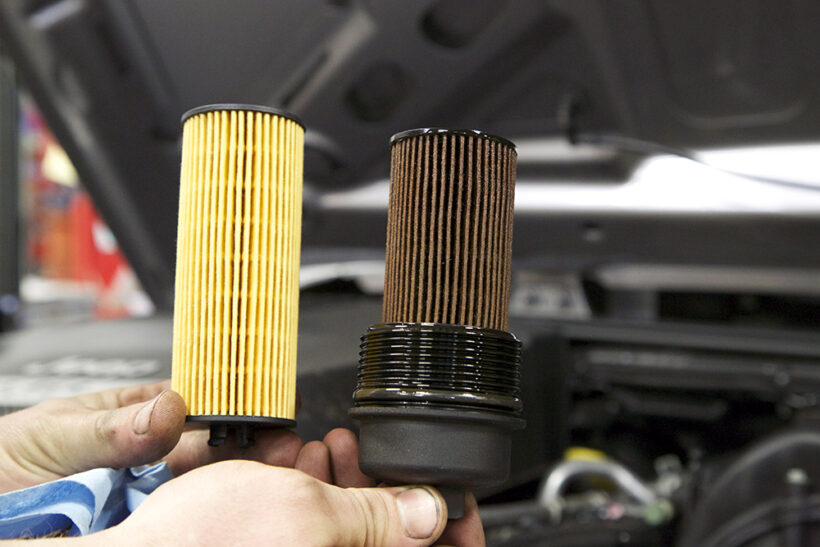
Oil is the lifeblood of your Jeep’s engine, and the oil filter is its vital organ. The oil filter protects your engine by trapping contaminants and debris that can damage sensitive engine parts. A clogged or dirty oil filter can reduce your Jeep’s fuel economy and cause your engine to run less efficiently. It can also lead to engine knock, increased wear on engine parts, and even engine failure.
To keep your Jeep’s engine running healthy and strong, it’s important to change the oil filter regularly. Most Jeep owners will change their oil filter every time they change their oil, which is typically every 5,000 miles or so. Some filters will need to be changed more frequently if they are used in dusty or dirty conditions.
When changing your oil filter, be sure to use the correct type of filter for your specific model. Some filters are designed for synthetic oils while others are for traditional motor oils. Using the wrong type of filter can cause leaks or other problems. You should also check your owner’s manual for specific instructions on how to change your Jeep’s oil filter.
Should you use synthetic oil?
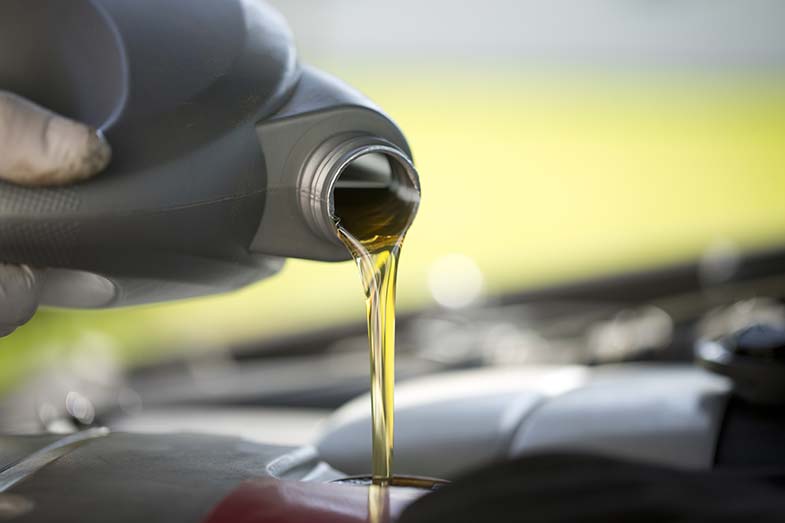
Synthetic oil is made from man-made chemicals, while conventional oil is made from crude oil that has been refined. There are benefits and drawbacks to both types of oil, so it’s important to choose the right one for your Jeep.
Benefits of synthetic oil include:
- It can withstand higher temperatures than conventional oil, so it’s ideal for use in hot climates or during summer months.
- It doesn’t break down as quickly as conventional oil, so you can go longer between changes.
- It provides better protection for your engine, particularly during start-up when the engine is cold.
Drawbacks of synthetic oil:
- It’s more expensive than conventional oil.
- It can cause leaks in engines that weren’t designed to use synthetic oil.

